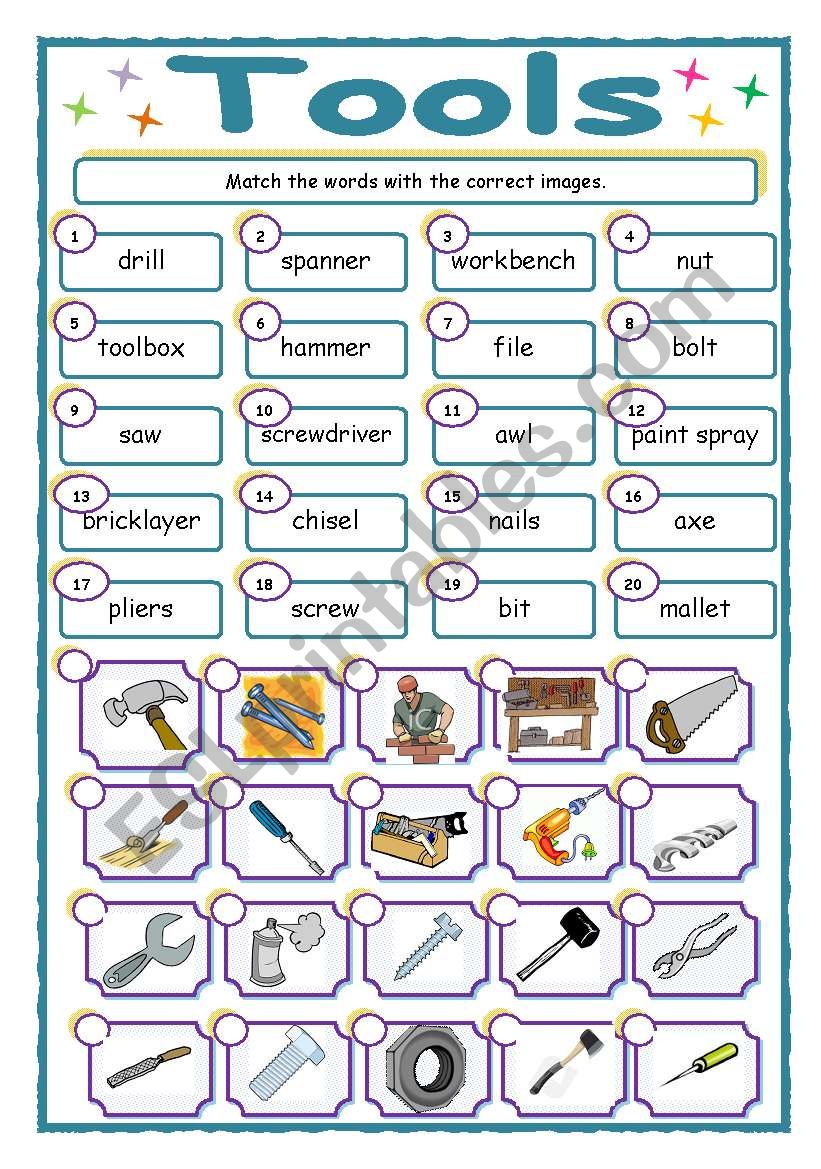In the realm of human interaction, words serve a dual purpose; they can either build bridges of understanding or erect walls of division. The Bahá’í teachings offer profound insights into the nature of words as instruments—tools that can either foster collaboration or inflict harm. This article explores how to ‘de-weaponize’ our linguistic expressions by acknowledging their metaphorical potency and employing them towards the elevation of discourse and understanding.
The Nature of Words
Words, much like tools wielded by a craftsman, possess the capacity to shape reality. They are malleable entities, influenced by the intent and emotional resonance of the speaker. When one aligns their usage of language with the principles of compassion and truthfulness, the outcome can be transformative. Conversely, words misused can become weapons, capable of inflicting emotional wounds and exacerbating discord among individuals and communities. Bahá’í teachings advocate for an intrinsic understanding of this dichotomy, encouraging adherents to treat words as sacred instruments of peace.
Understanding the Consequences of Language
In examining how language can be de-weaponized, one must first comprehend the ramifications of careless word choice. Words are not merely vessels for communication—they encapsulate emotions, intentions, and cultural connotations. The implications of language can ripple through society, leading to misunderstanding and hostility or, conversely, fostering empathy and collaboration. Herein lies the paradox: the same word can cultivate unity or incite division, depending on the context and consciousness with which it is used.
Recognizing the Power of Intention
At the heart of Bahá’í teachings is the concept of intention—the driving force behind one’s words. Intent augments linguistic efficacy; it informs the emotional weight that words carry. To de-weaponize language, one must embark on a journey of self-reflection, asking: “What intention underlies my expression?” When one commits to communication rooted in kindness and understanding, language becomes an extension of one’s moral character, enabling constructive dialogue rather than adversarial confrontation.
Employing Empathetic Communication
Empathy acts as an antidote to the potential toxicity embedded in language. By centering communication on understanding rather than winning arguments, individuals can reshape conversations. Practicing empathetic communication involves listening actively and responding thoughtfully. It invites speakers to consider the emotional landscape of the dialogue, thereby transforming words from weapons of division into instruments of connection. Through empathetic engagement, misunderstandings dissipate, and a shared human experience comes to the forefront.
The Role of Humility in Speech
Humility serves as a cornerstone for meaningful dialogue. Acknowledging our limitations and biases fosters an environment where diverse perspectives can coexist. Humble communication encourages individuals to approach discussions with curiosity rather than defensiveness. This approach not only de-weaponizes discourse but also cultivates a culture of respect and openness. When speakers recognize that their viewpoints are one among many, they pave the way for richer and more nuanced exchanges.
Practicing Mindfulness in Language Use
The act of verbal expression demands mindfulness; it necessitates a careful consideration of the words chosen and their potential impact. Mindfulness in communication involves pausing to reflect before responding, analyzing how one’s words may be perceived by others. By cultivating a habit of deliberate speech, individuals can significantly mitigate misunderstandings. It is this intentional choice to avoid harmful expressions that ultimately leads to a more harmonious social discourse, highlighting the Bahá’í emphasis on the importance of constructive speech.
Fostering Inclusivity Through Language
Inclusivity is a critical aspect of de-weaponizing words. The Bahá’í teachings highlight the idea that language can either marginalize voices or uplift them. By consciously choosing language that embraces diversity and validation, speakers can create a space where all individuals feel valued. This encompasses adjusting colloquialisms, avoiding jargon, and demonstrating cultural sensitivity. Language can thus be transformed into a tool that promotes equity and solidarity among speakers, fostering a richer tapestry of human experience.
Implementing the Principles of Unity
Unity is a central tenet of Bahá’í teachings and forms the backbone of any effort to de-weaponize language. The realization that we are all interconnected implies that our linguistic choices have far-reaching effects. By consciously aligning our speech with the principle of unity—acknowledging the shared humanity among all individuals—words can become a force for collective upliftment. In doing so, individuals contribute to a global dialogue grounded in respect, understanding, and love.
The Art of Forgiveness in Communication
In every conversation, the potential for miscommunication exists, and with it comes the need for forgiveness. The Bahá’í teachings emphasize that the ability to forgive and move beyond verbal transgressions is essential to nurturing relationships. Forgiveness allows individuals to transcend the weight of harmful words, transforming conflict into opportunities for growth. This art of reconciliation reinforces the notion that even in the presence of linguistic missteps, the ultimate goal should remain the fostering of unity and understanding.
Conclusion
The ideal of de-weaponizing language resonates profoundly with the core principles of the Bahá’í Faith. By recognizing the inherent power that words hold, cultivating intention, practicing empathy, and fostering inclusivity, individuals can elevate their discourse to new heights. In this journey, words shift from instruments of division to tools of connection and enlightenment, ultimately weaving a fabric of harmony that unites humanity in its shared aspiration for peace and understanding.
